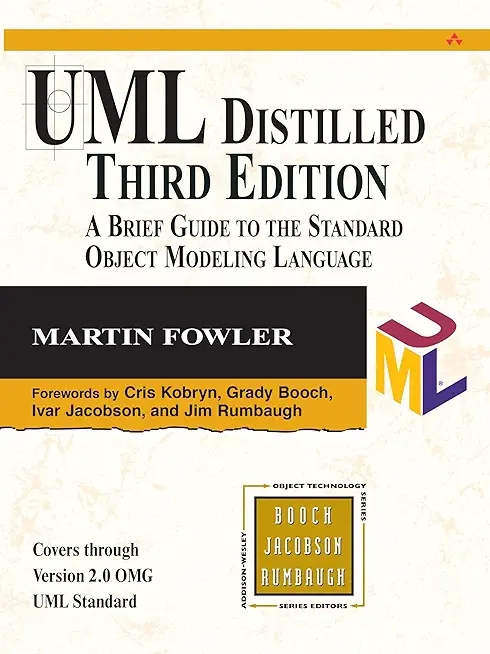
AI innovations in digital creation
The rapid advancement of artificial intelligence (AI) is reshaping digital platforms across industries, from gaming and content creation to employment services. Two notable developments illustrate this trend: Roblox’s new AI-powered content tools and short-form video feed, and OpenAI’s forthcoming AI-driven hiring platform.
Both initiatives highlight how AI is enhancing user engagement, creator economies, and workforce matching, while addressing challenges such as content moderation and job market disruption. Roblox’s introduction of “Roblox Moments,” a TikTok-style short-form video feed, marks a significant evolution in how players share and engage with gameplay content. Users aged 13 and older can capture, edit, and share clips up to 30 seconds long, adding music and descriptions before posting.
This feature enables a social feed where the community can react with emojis and directly join experiences showcased in the clips. Such integration encourages deeper interaction within the Roblox ecosystem, blending content consumption and gameplay seamlessly.
This rollout is carefully moderated to ensure age-appropriate content, reflecting Roblox’s commitment to user safety amid regulatory scrutiny (Roblox Developers Conference, 2025). Beyond video sharing, Roblox is empowering creators with new AI tools that extend beyond static 3D object generation. Creators can now produce fully functional interactive objects, such as drivable vehicles or operable weapons, with simple descriptive prompts.
This capability accelerates content development and enhances creative freedom. Additionally, Roblox’s upcoming real-time voice chat translation for English, Spanish, French, and German will break language barriers, enabling global multiplayer collaboration.
Text-to-speech and speech-to-text APIs further enrich interactivity by offering customizable NPC dialogue and voice-activated gameplay commands (Roblox Developers Conference, 2025). Roblox’s enhancements also target performance and anti-cheating measures. A new “Server Authority” mode strengthens in-game physics realism and reduces cheating opportunities, while avatar animations become more lifelike with natural momentum in running, climbing, and obstacle navigation.
These improvements collectively raise the quality and fairness of gameplay experiences across devices without added creator workload. Furthermore, Roblox is increasing creator earnings by boosting the conversion rate of its in-platform currency, Robux, to cash by 8.5%, reflecting a growing and lucrative creator economy that saw top developers’ revenues nearly triple since 2020 (Roblox Developers Conference, 2025).
Meanwhile, OpenAI is preparing to disrupt the employment landscape with its AI-powered hiring platform, set to launch by mid-2026. This platform aims to optimize the match between employers’ needs and workers’ skills using advanced AI algorithms. OpenAI plans to provide specialized tracks for small businesses and local governments to access top AI talent, broadening opportunities for diverse employers and candidates.
This move positions OpenAI as a direct competitor to LinkedIn, which has itself integrated AI features to improve job matching, and is noteworthy given LinkedIn’s ownership by Microsoft, OpenAI’s primary investor (TechCrunch, 2025). Complementing its hiring platform, OpenAI is expanding AI literacy through its OpenAI Academy, offering certifications in AI fluency.
The company’s goal is to certify 10 million Americans by 2030, partnering with major employers like Walmart to facilitate workforce upskilling. This initiative is part of OpenAI’s response to concerns about AI’s disruptive impact on entry-level white-collar jobs, with some experts predicting up to 50% job displacement in that segment by 2030. By fostering skill development and connecting talent to jobs, OpenAI aims to mitigate disruption and support equitable workforce transitions (TechCrunch, 2025).
These developments underscore a broader trend where AI is not only enhancing digital experiences but also shaping economic ecosystems. Roblox’s AI tools and content monetization improvements empower creators to innovate and earn more within immersive environments.
At the same time, OpenAI’s hiring platform and certification programs tackle workforce challenges by facilitating better job matches and AI competency. Both companies demonstrate how AI can drive growth and inclusion while addressing risks related to safety, fairness, and employment shifts.
What are the implications for creators, employers, and users as AI becomes more integrated into digital platforms?
How can these technologies balance innovation with ethical considerations and societal impact?
① Creators gain advanced AI-assisted tools enabling faster, more complex content development and monetization within digital ecosystems. ② Employers and job seekers benefit from AI-powered platforms that enhance matching accuracy and provide pathways to AI fluency certification.
③ Platforms must continuously improve moderation, performance, and accessibility to ensure safe, engaging, and equitable experiences for all users. The convergence of AI-driven content creation and workforce solutions signals a transformative phase in digital interaction and economic participation.
Stakeholders should monitor how these technologies evolve and collaborate to maximize benefits while mitigating challenges. Roblox Developers Conference (2025), TechCrunch (2025)







